Media in Turkey: A Testing Ground of Censorship and Control, by Fazila Mat and Sofia Verza
By Fazila Mat (PhD candidate, University of Victoria) and Sofia Verza (PhD candidate, University of Perugia)
Four years after the attempted coup of 15-16 July 2016, the space for media pluralism in Turkey continues to shrink. Numerous pro-government media, owned by companies which have investments in several other sectors, dominate the scene. The presidential system introduced in July 2018, during the state of emergency declared immediately after the attempted coup, legally tied any public institution to the presidency, including the body that issues the cards proving journalists’ membership of their professional association.
The criminalisation of journalism is widespread and the country is currently the largest prison for journalists in the world, with over 80 media workers in detention. The Covid-19 pandemic seems to have provided yet another opportunity to criminalise thought. A recent Amnesty International report explains that criticisms of the authorities’ management of the health emergency led to charges attracting prison sentences of between two and four years. In addition, a recent package of reforms, introduced to reduce the risk of Covid-19 infection in Turkish prisons, set free 90,000 people excluding journalists, activists, and others charged with political crimes.
Online media outlets – TV channels on YouTube, news websites and podcasts – have proliferated in a bid to evade state control and offer an alternative narrative. However, the Internet has also become a target for censorship, often through the takedown of content and the blocking of web pages – as it the case of Wikipedia, which was inaccessible in Turkey for almost three years – or through new laws and licencing rules. The trajectory of state intervention online appears to have gone through all three “generations of control” of the Internet identified by Deibert and others in Access Controlled (2020) – from imposing a complete block to indirect interference in the production of content.
While the country stands out for the frequency with which it requests user data from Facebook, in the last few years the authorities set up a “Social Media Monitoring Unit” and an app that allows citizens to report posts they consider terrorist propaganda. Finally, on 29 July, the Turkish parliament approved a law that obliges social media companies to have legal representatives in Turkey and to store users’ data in the country. Those who refuse to comply could see their bandwidth slashed, and be subject to monetary penalties. The courts will also be able to order the removal of online content, not just block access to it.
The full article has been published by the European Journalism Observatory (EJO) in collaboration with Osservatorio Balcani e Caucaso Transeuropa (OBCT).
About the authors:
Fazıla Mat is a Ph.D. student in Political Science at the University of Victoria. Fazila currently works as EUCAnet’s communications and media officer, while collaborating in the networks’ projects. Fazıla has worked for over ten years as a journalist and commentator for Osservatorio Balcani e Caucaso Transeuropa and other Italian and Swiss media, covering Turkish politics, EU-Turkey relations, issues concerning migration and civil society. For OBC Transeuropa she also carried out research and policy analyses on the EU-Turkey refugee deal (2017, for the Italian Ministry of Foreign Affairs and International Cooperation ); media freedom in Turkey (2014 and 2018 – within EU funded projects) and academic freedom in Turkey (2018).
Sofia Verza is a Research Associate at the Centre for Media Pluralism and Media Freedom (CMPF, EUI), is a PhD candidate at the University of Perugia, working in the field of sociology of communication. Holds a BA and MA in Law from the University of Trento and studied in Istanbul at Bilgi University, majoring in the field of criminal and information law. She writes for the Global Freedom of Expression Initiative of Columbia University and Osservatorio Balcani e Caucaso Transeuropa (OBCT).
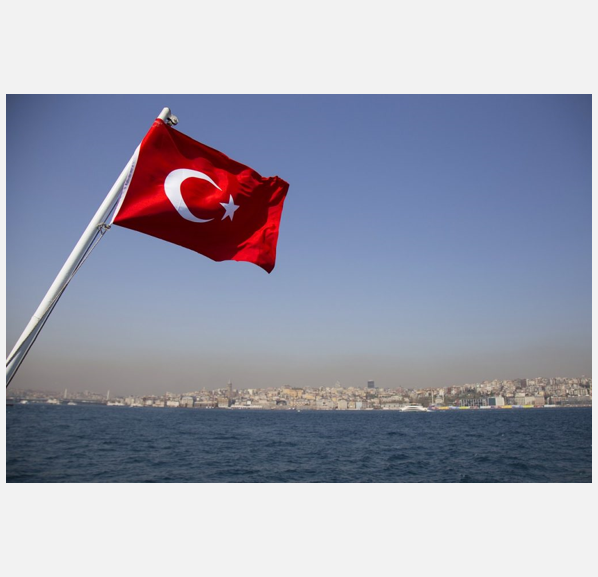
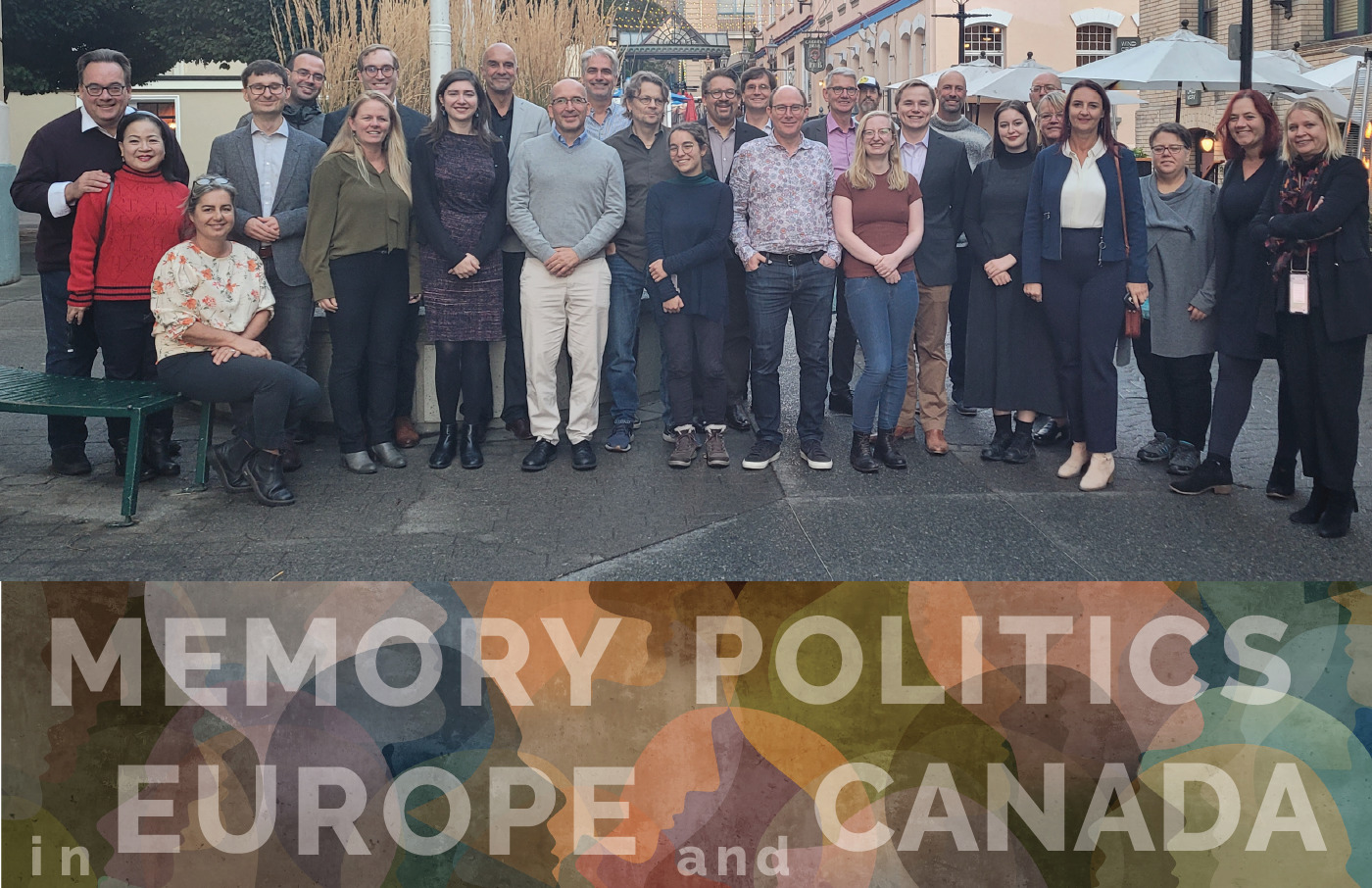
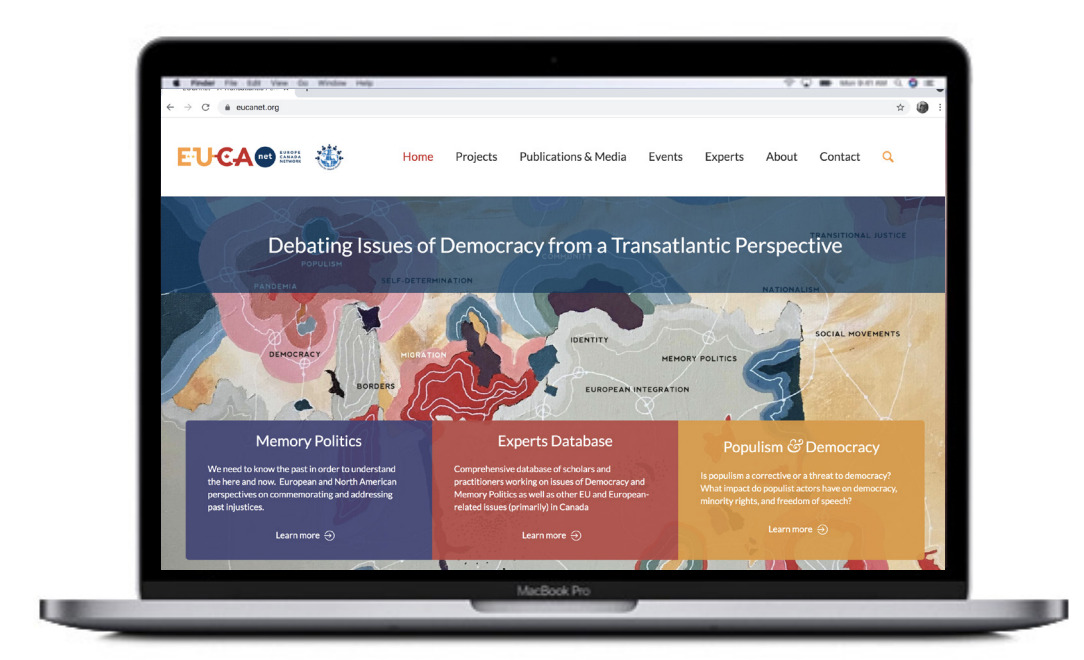
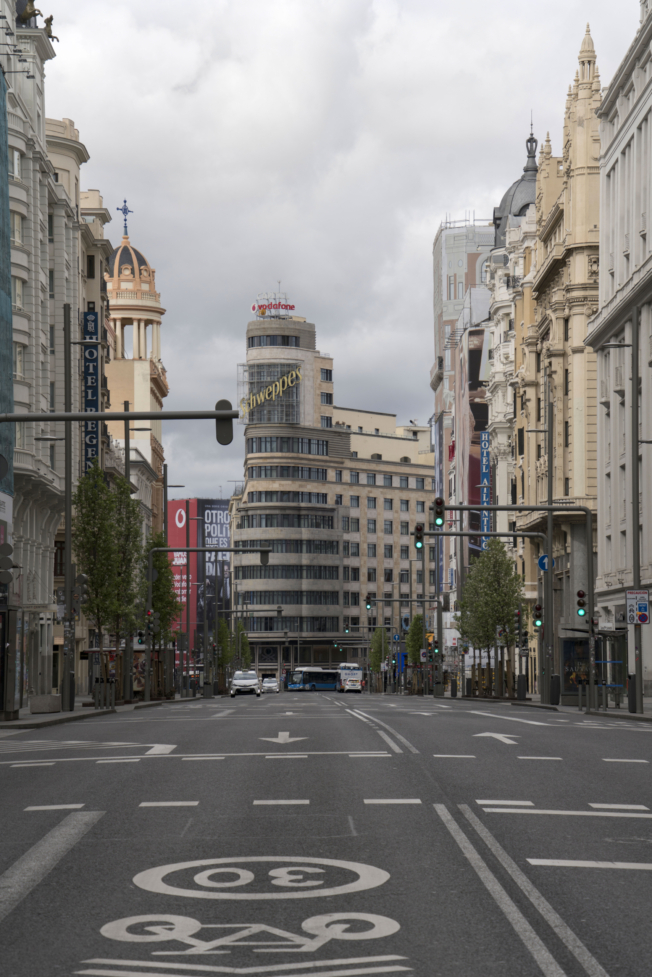
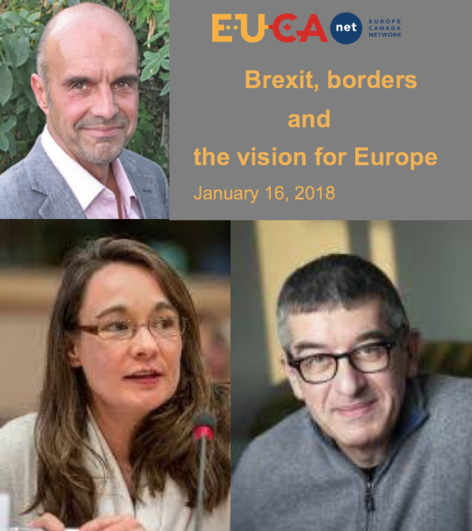
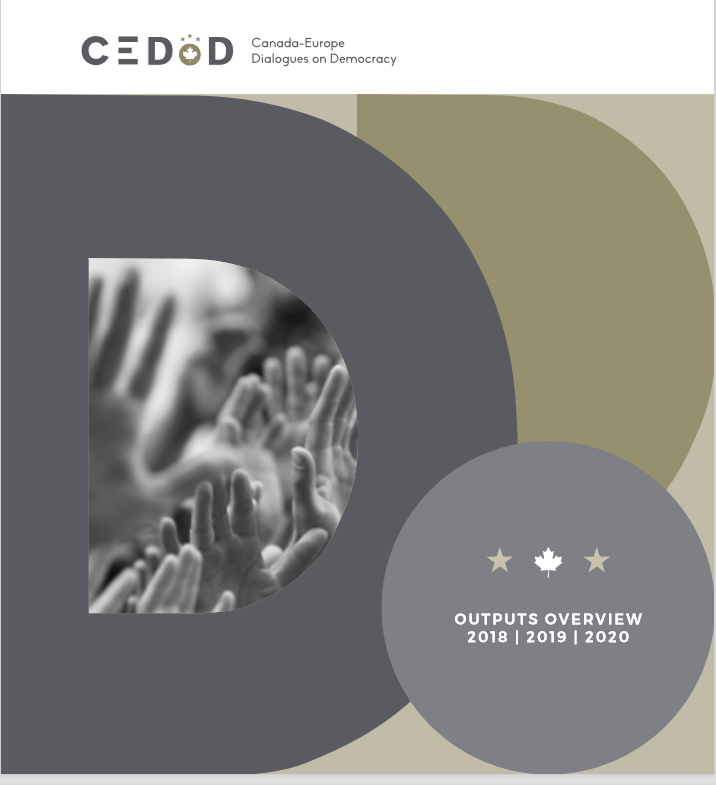
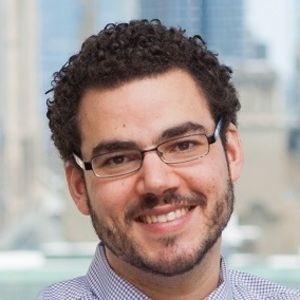




Leave a Reply
Want to join the discussion?Feel free to contribute!